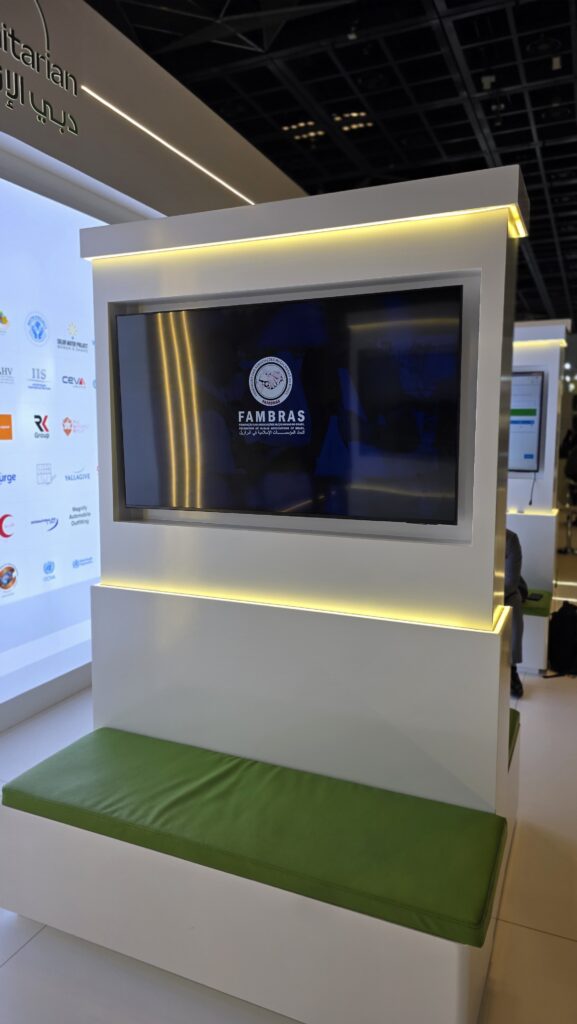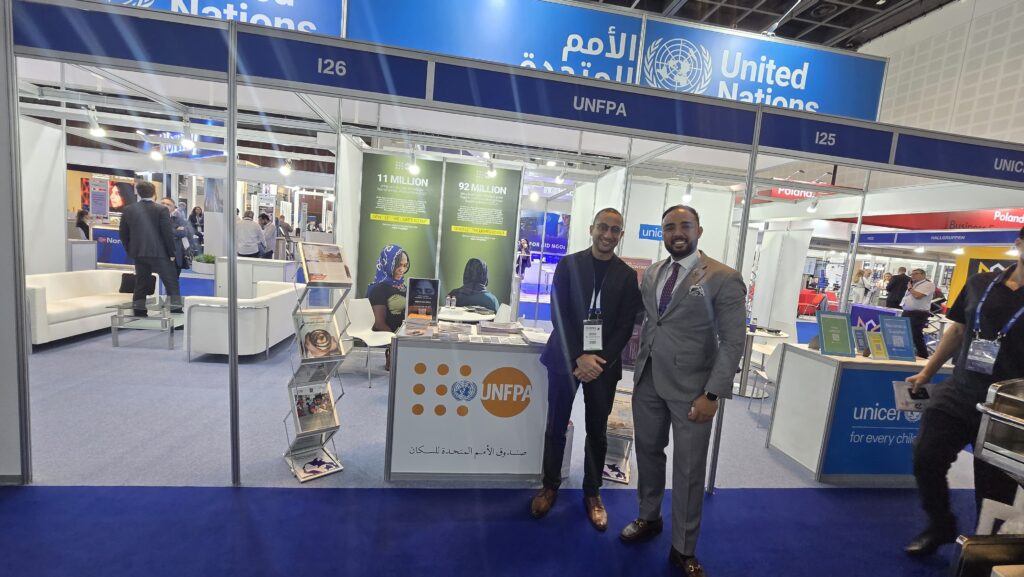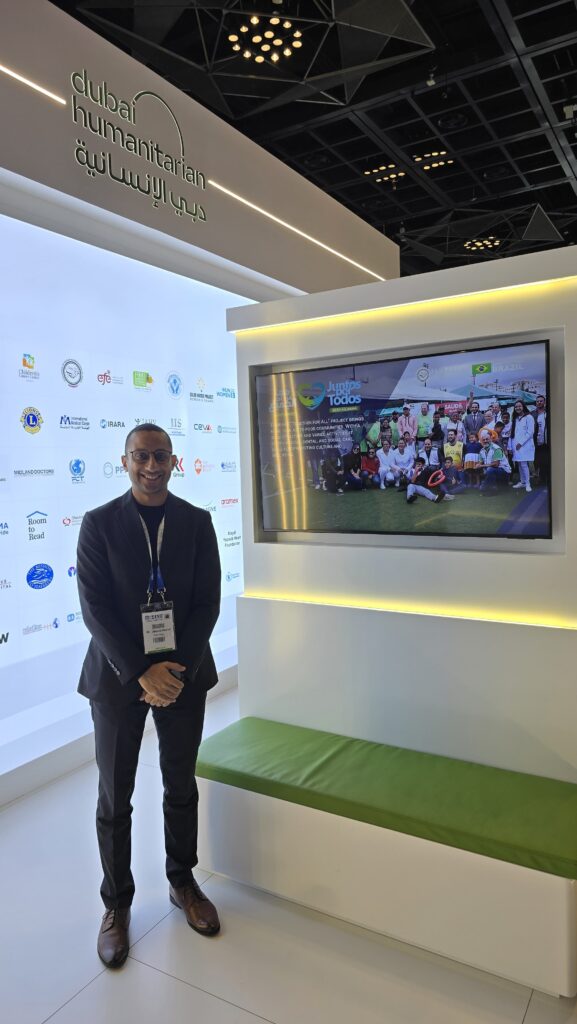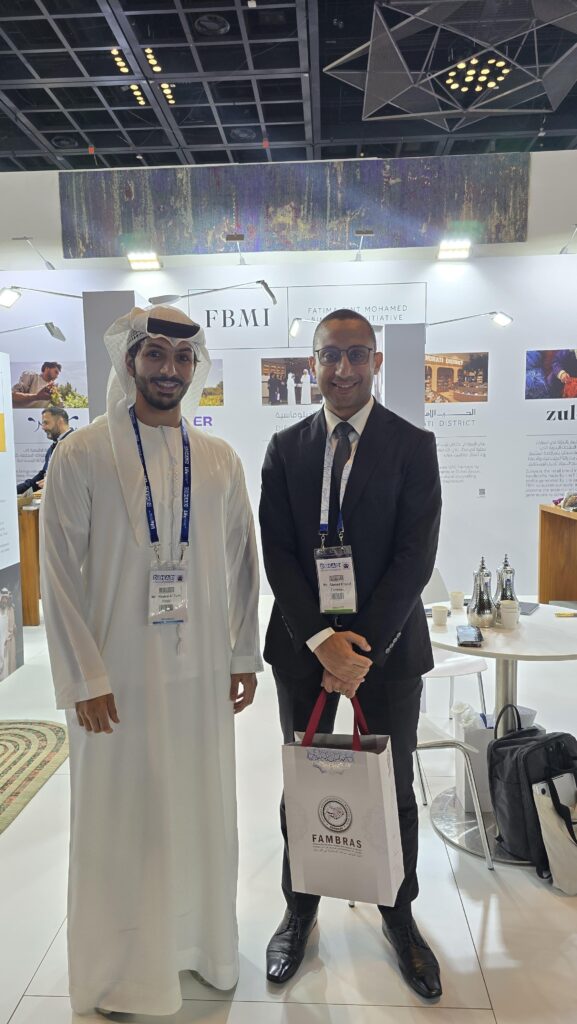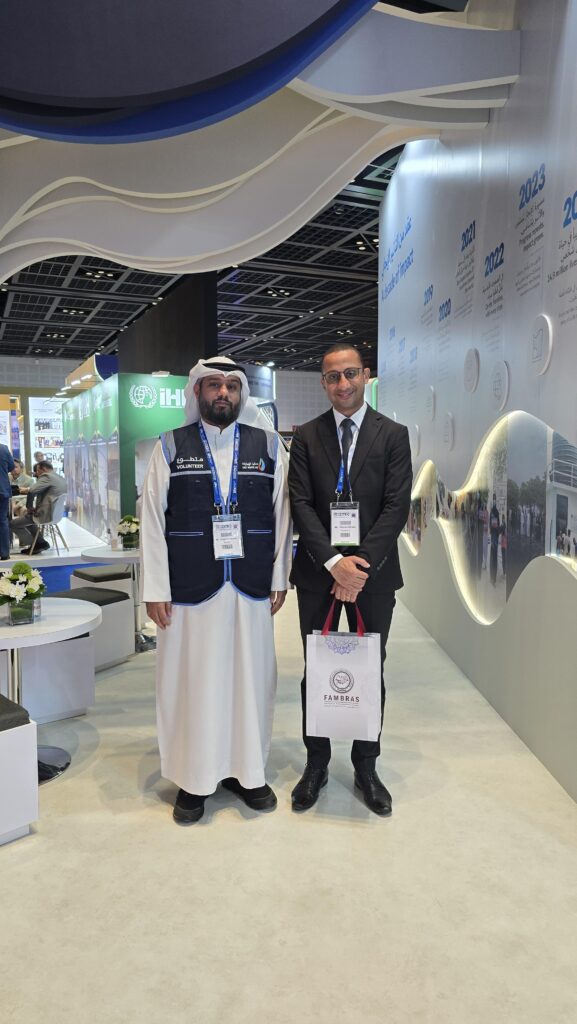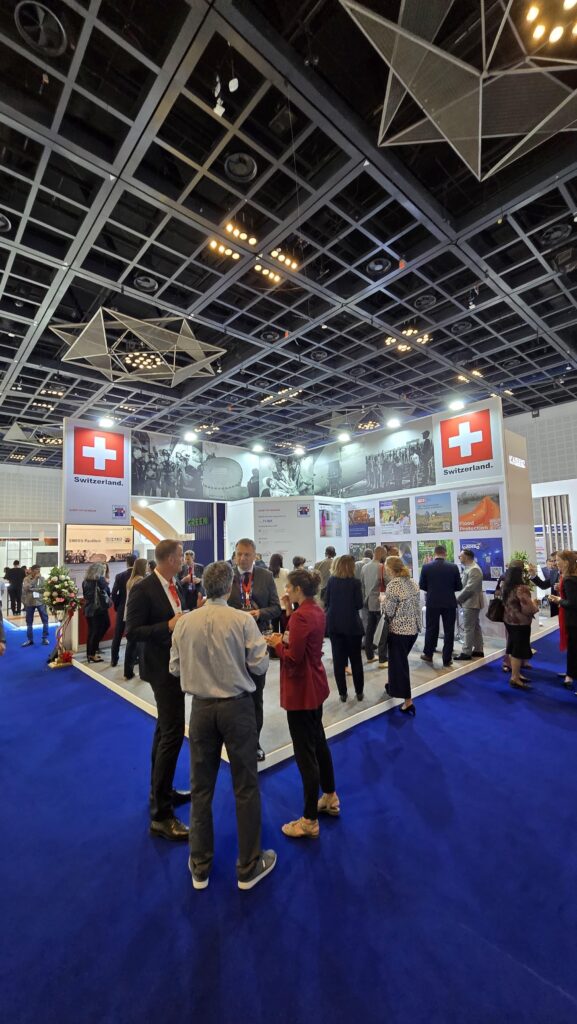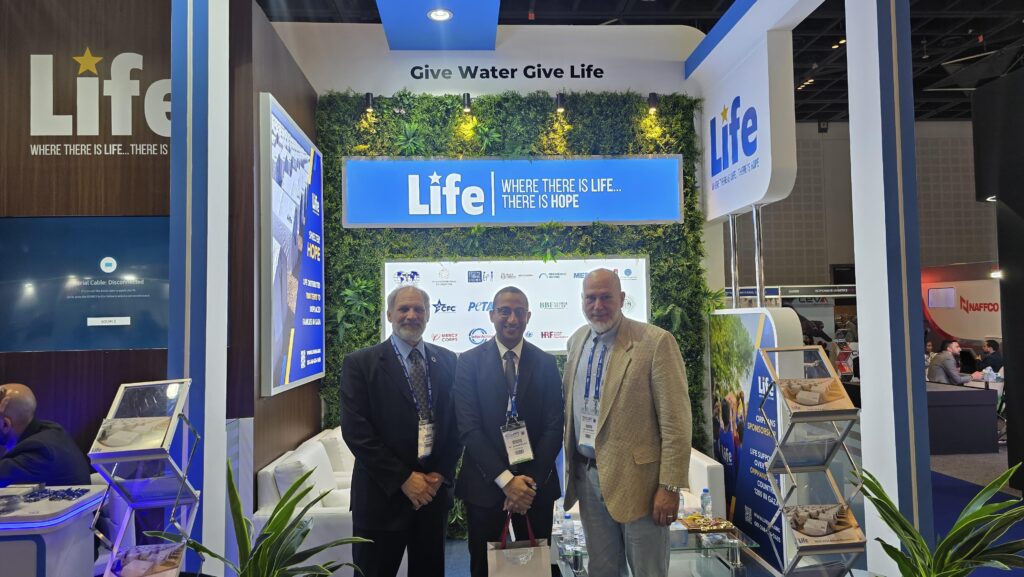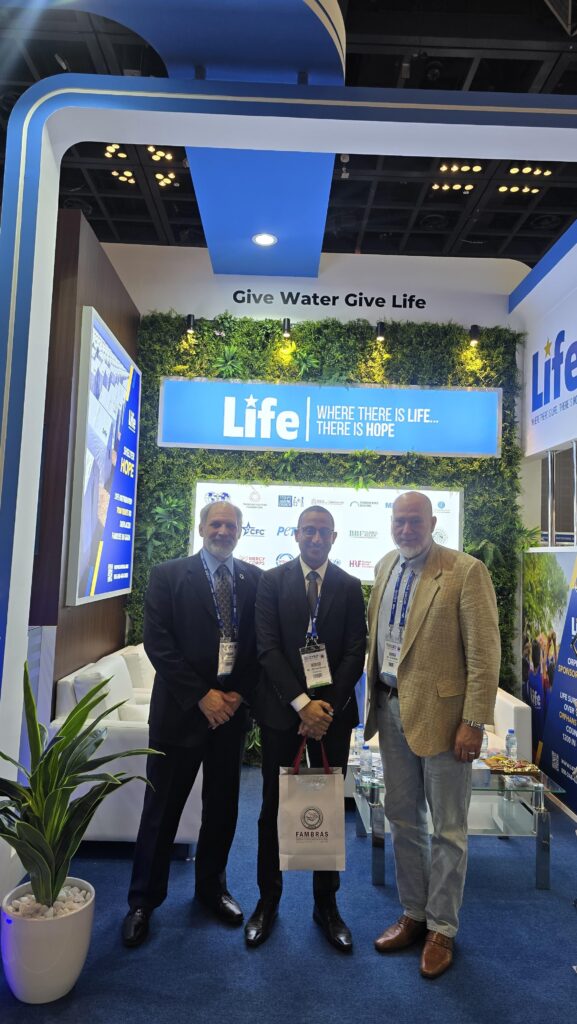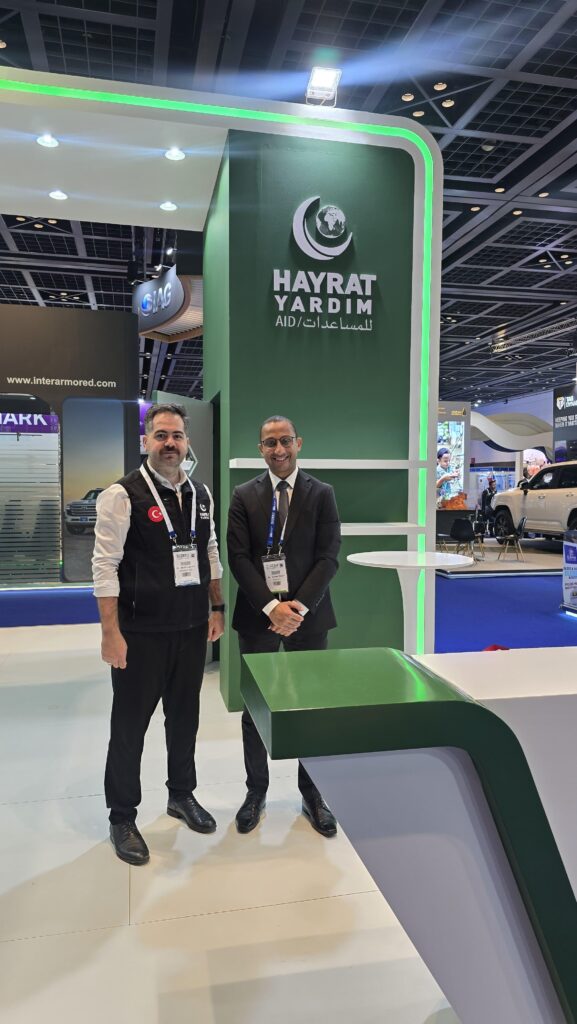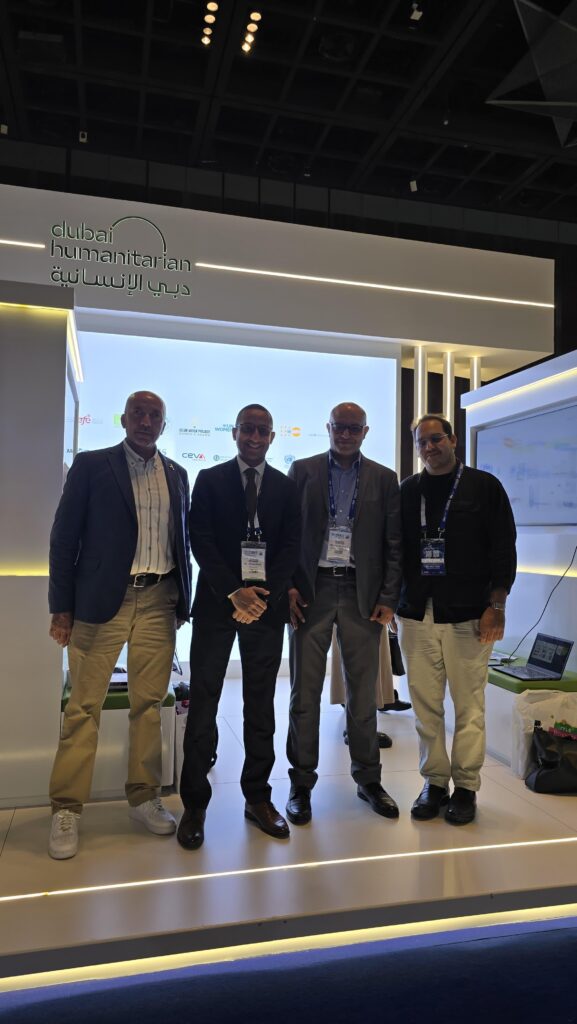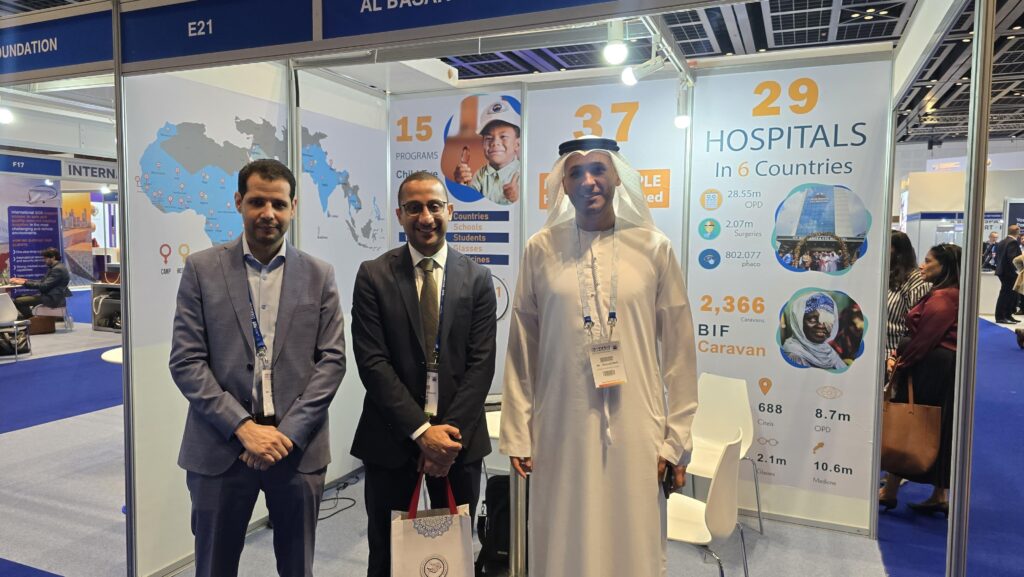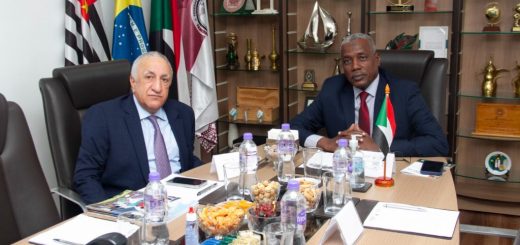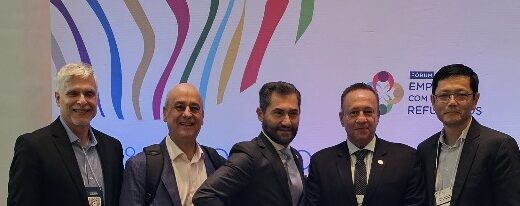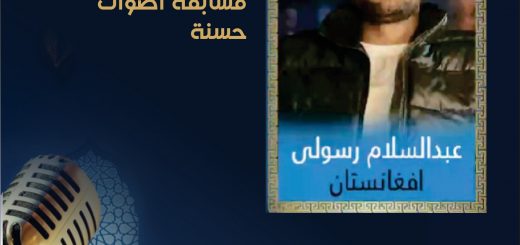FAMBRAS Participates in the 21st Edition of the Dubai International Humanitarian Aid and Development Conference and Exhibition – DIHAD
FAMBRAS reaffirms its commitment to international dialogue and effective solutions for global humanitarian challenges.
FAMBRAS – the Federation of Muslim Associations of Brazil was present at the 21st Dubai International Humanitarian Aid and Development Conference – DIHAD, which took place from April 29 to May 1. Ahmed Khalaf, Director of International Programs and Strategic Relations in the Humanitarian Sector at FAMBRAS, represented the organization.
This edition’s theme addressed the challenges of humanitarian aid and development amid growing global polarization. The theme highlights DIHAD’s dedication to addressing the divisions and conflicts that complicate humanitarian efforts, while exploring innovative solutions and collaborations.
The conference brings together international leaders and sector experts to discuss best practices in humanitarian aid and development. The event has become a strategic regional meeting point, generating insights and proposals that strengthen the effectiveness and impact of humanitarian actions on the global stage.
The first day began with the opening ceremony of DIHAD 2025, attended by international authorities and humanitarian leaders, such as Ahmed Bin Ali Al Sayegh (Minister of State of the United Arab Emirates), and representatives from the UN, Red Crescent, and Red Cross.
The event launched discussions on the challenges of humanitarian assistance in a polarized global context, with a focus on topics such as humanitarian principles in conflict zones, international funding, and the role of foundations in supporting local communities.
Key topics discussed on the first day included:
- Conflict and the Evolution of Humanitarian Principles
- The Changing Landscape of International Funding
- Globalization and Localization: The Role of Foundations in Strengthening Communities and Enhancing Aid Delivery
The second day of DIHAD 2025 explored the intersection between humanitarian aid and development, with experts from organizations such as Oxfam, Enabel, and DCAF. Former CNN journalist Arwa Damon offered a reflection on combating propaganda and misinformation.
The day’s sessions included:
- The Humanitarian Aid/Development Interface
- Globalization and Localization
- New Actors, DIHAD Children: “Bridging Divides, Children Can Unite a Polarized World”
- The Exponential Impact of Climate Change
- Population Displacement
- Trends and Challenges
The keynote speech for the day focused on: “Preserving Our Humanity: Combating Propaganda”.
The final day of DIHAD 2025 was marked by special sessions on “The Impact of the Pact for the Future on Humanitarian Aid”, with the participation of leaders from organizations such as Oxfam, UNFPA, Dubai Cares, and SOS Méditerranée. Highlights included discussions on the role of technology and research in emergency response, and the importance of integrating Western and Eastern systems in polarized contexts.
Sessions on the final day addressed the following themes:
- The Impact of the Pact for the Future on Humanitarian Aid and Development
- DIHAD Children: “Helping Everyone, Even When the World Is Divided”
- Connecting Humanitarian Hubs and Building a Safety Network
- The Role of Research and Technology in Forecasting and Responding to Humanitarian Crises
- Integrating Technology into Charity Work and Emergency Response
- Bridging Western and Eastern Humanitarian Aid Systems Amid Global Polarization
- Polarization and Food Security
The main keynote speech focused on: “A Value-Based Vision for a Trusted Partnership.”
The conference concluded with a closing address by Minister Sultan Mohammed Al Shamsi and a summary of the activities presented by Gerhard Putman-Cramer, Director of the DIHAD Foundation.
Held annually, the conference aims to bring together non-governmental organizations, UN agencies, philanthropic institutions, and government representatives. Its mission is to foster discussions and present concrete solutions for humanitarian support targeted at populations affected by crises, disasters, and natural events.

